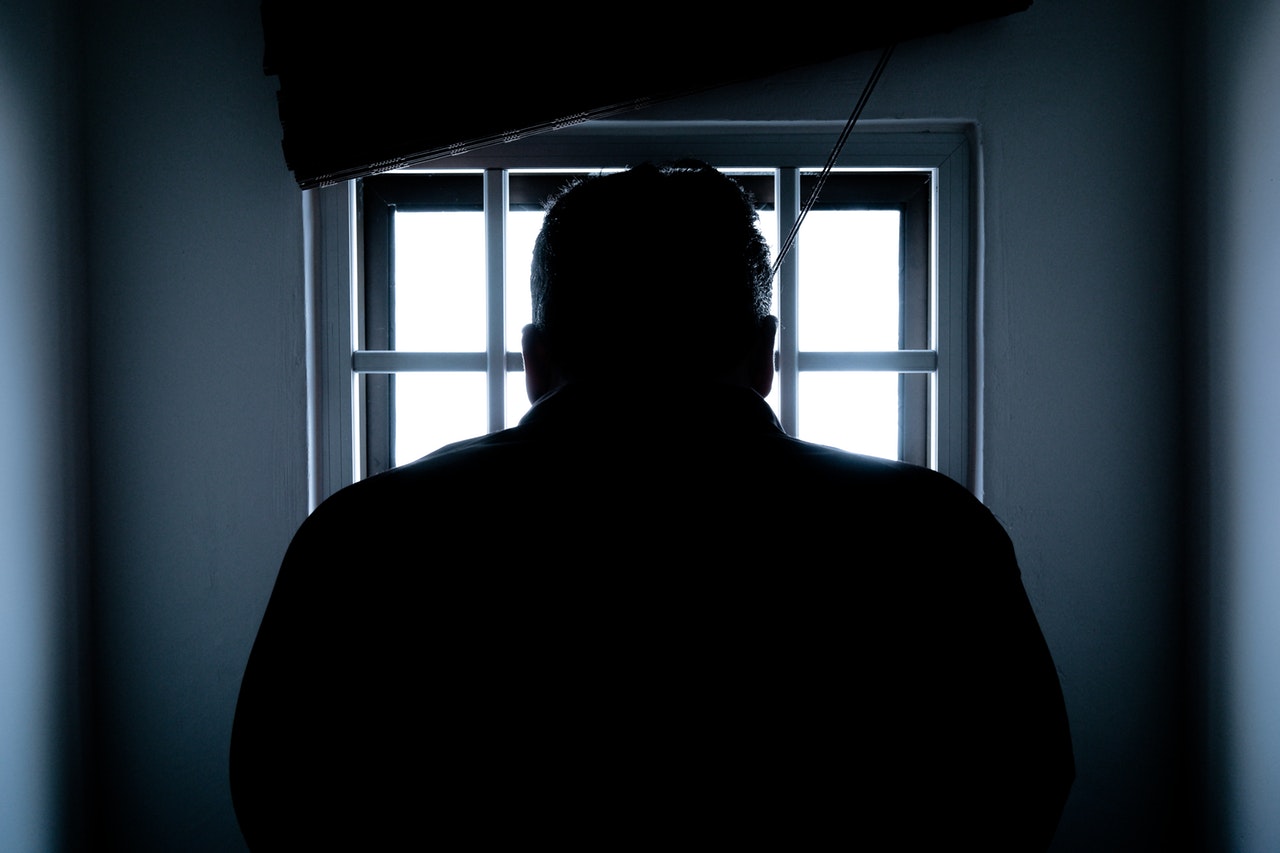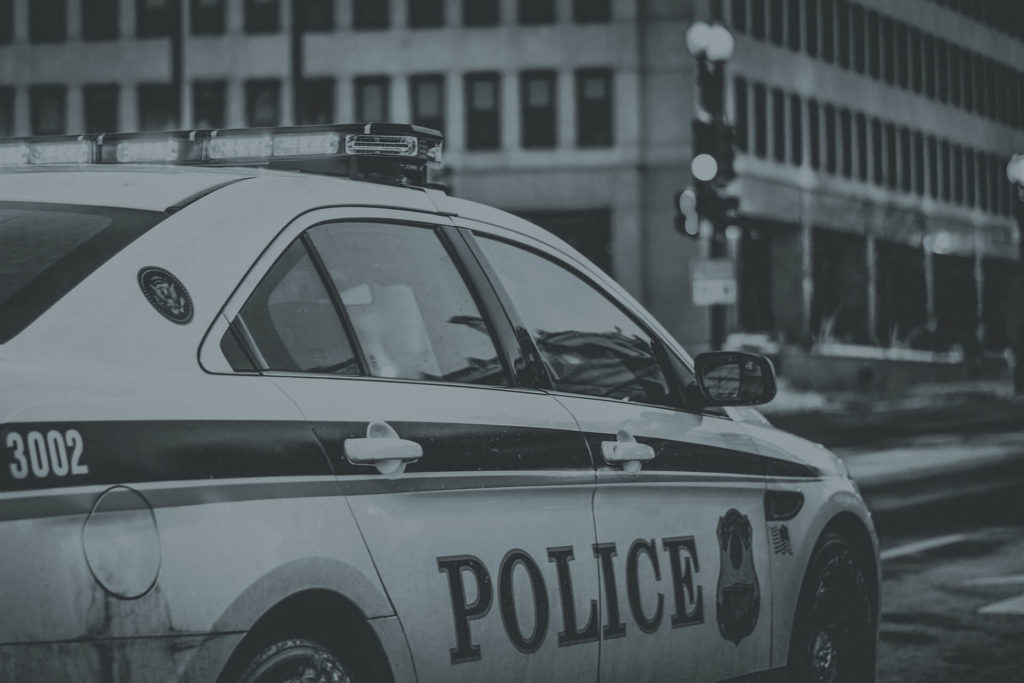Send your enquiry.
Contact us for a free, initial no obligation consultation.
"*" indicates required fields
Your information is safe and treated in accordance with our Privacy Policy
Murder is when you intentionally kill another human. Manslaughter is when you kill another human, but you did not intend to do so, or you cannot be held responsible for your actions.
Murder and manslaughter solicitors London
Murder and manslaughter are both extremely serious charges. If you have been accused of either offence, please contact us immediately at Ashmans Solicitors. We are experienced criminal defence lawyers with offices in London, Leeds, Sheffield, Huddersfield and Dewsbury. We are available to take your call 24 hours a day, 7 days a week.
Murder vs manslaughter
Murder and manslaughter both fall under the banner of homicide because they both involve the death of a human being. Yet the two crimes are slightly different. The law is very nuanced, but ultimately, it all comes down to the issues of intent and responsibility. The key questions that must be asked are:
- Did the accused intend to kill?
- Can the accused be held responsible for their actions?
If the answer to either question is ‘no’, then it amounts to manslaughter.
What is murder?
Murder is when a person of sound mind unlawfully kills another human, with the intent to kill or cause grievous bodily harm – malice aforethought.
So, let us imagine that you assault a man. You do not necessarily set out with the intention of ending his life, but you are intent on inflicting serious physical damage – which in legal terms is known as grievous bodily harm (GBH). The man later dies of his injuries. In this instance, you would be charged with murder. This is because the intention to cause serious harm was there and your actions led to the victim’s death.
What is the penalty for murder?
The penalty for murder is life imprisonment. The judge will set a ‘tariff’, which is the minimum amount of time you must spend in prison. After this, you may be considered for parole.
What are the defences for murder?
All criminal offences have both ‘complete defences’ and ‘partial defences’.
Complete defence to murder
A complete defence is one that absolves you of all blame. In relation to murder, a complete defence would be that of self-defence. Indeed, your actions may be justified if you killed another person in self-defence or in defence of another person. If this can be successfully argued, then you may not face any repercussions.
Partial defence to murder
A partial defence is one that persuades the court to charge you with a lesser offence. In relation to murder, partial defences include:
- Diminished responsibility – meaning the defendant was suffering from an abnormality of mental functioning and this impaired their judgment or self-control
- Loss of control – meaning the defendant lost self-control due to a qualifying trigger, such as the fear of serious violence
- A suicide pact – meaning the defendant planned to commit suicide alongside the victim
If any of these apply to your case, then you will be charged with voluntary manslaughter instead of murder. This is preferable to a murder charge, as manslaughter is a lesser offence which does not carry a mandatory penalty of life imprisonment.
What is manslaughter?
Manslaughter is when a person unlawfully kills another human, but he/she did not intend to kill OR cannot be held responsible for his/her actions.
Therefore, the issue of intent is very important when differentiating between manslaughter and murder. If you did not intend to cause death – yet your actions were fatal to another human – then this amounts to involuntary manslaughter.
However, the issue of intent is not the only difference between manslaughter and murder. In fact, there is manslaughter cases in which the accused acted with intent. In other words, he meant to kill or cause grievous bodily harm. Yet the accused cannot be held responsible for their actions, perhaps because of reduced mental capacity. This is known as voluntary manslaughter.
Voluntary manslaughter
Voluntary manslaughter is reserved for cases where the accused did intentionally kill another human (the accused has malice aforethought), but he/she cannot be held responsible for their actions. Often this is due to reduced mental capacity or a loss of self-control. Without these extenuating circumstances, the accused will be charged with murder instead. However, if it is established that the accused cannot be held responsible for their actions, then the charge of voluntary manslaughter will be upheld.
Involuntary manslaughter
Involuntary manslaughter is when someone is responsible for the death of another human being, yet there is no motive for the crime. Death is a complete accident and arises for one of two reasons: an unlawful and dangerous act, or gross negligence.
An unlawful and dangerous act
‘Unlawful and dangerous act manslaughter’ is when someone dies as a result of an unlawful act that involves a danger of some harm. For example, imagine that you get into a brawl and punch another person. You certainly did not intend to kill and you did not even mean to cause GBH. It is more of a common assault. Yet that punch proves to be fatal. It lands in such a way that sadly kills the victim. In this instance, you have performed an unlawful act involving a danger of harm, as you assaulted another person. It is this illegal act that brought about another person’s death.
Gross negligence
In gross negligence manslaughter cases, the accused must have owed the deceased a duty of care. This duty of care exists between an employer and employee, a medical practitioner and his patients, and even between road users. If the accused breaches this duty of care, causing someone else to die, then it may amount to gross negligence manslaughter. This could be a gross negligence act or an omission (meaning a lack of action).
Take, for instance, a doctor who injects a patient with a lethal combination of drugs – even though any reasonably competent doctor would know that this could kill the patient. The doctor could therefore be found guilty of gross negligence manslaughter, as he has failed in his duty to provide a duty of care towards the patient. This failing has brought about their death.
Other examples of manslaughter
There are many other examples of manslaughter. A particularly common occurrence is vehicular manslaughter. This is when you drive in a dangerous or reckless way, causing another person’s death. This might happen as a result of drink/drug driving, speeding, dangerous driving, careless driving or distracted driving.
It is also important to note that companies and organisations can be found guilty of manslaughter, but not of murder. Corporate manslaughter is another instance in which a gross breach of duty causes a person’s death. This might arise when an employee dies in a work related accident, or when a member of the public dies of injuries sustained on a company’s premises.
What are the penalties for manslaughter?
The maximum sentence for manslaughter is life imprisonment, although such a sentence is very unusual. Typically, the penalty for manslaughter ranges between two and 10 years’ imprisonment. The judge may also impose a suspended sentence and community service.
A judge will consider a range of factors before deciding what punishment to hand out. This includes:
- Any mitigating factors that should reduce the sentence
- Any aggravating factors that should increase the sentence
- Whether you pose a threat to the public
- Your personal circumstances and history
- The best method of rehabilitation (if required)
- The way in which you pleaded – a guilty plea may invite a reduced sentence
Murder and manslaughter solicitors
Have you been charged with murder or manslaughter? If so, it is absolutely vital that you have an experienced criminal defence solicitor on your side. Otherwise, you could be found guilty of a terrible crime that you did not commit, or that you cannot be held responsible for.
We understand that this is a frightening time for you and your family. We are here to help you. The criminal defence team at Ashmans Solicitors is adept at handling serious criminal cases, including those involving murder and manslaughter charges. We will put together a robust defence on your behalf, arguing your case in court to secure the best possible outcome.
Call us on 0333 009 6275. We are available to take your call 24 hours a day, 7 days a week. We provide free police station representation.
You can also email us on enquiries@ashmanssolicitors.com or complete our Free Online Enquiry Form and we’ll be in touch soon.




